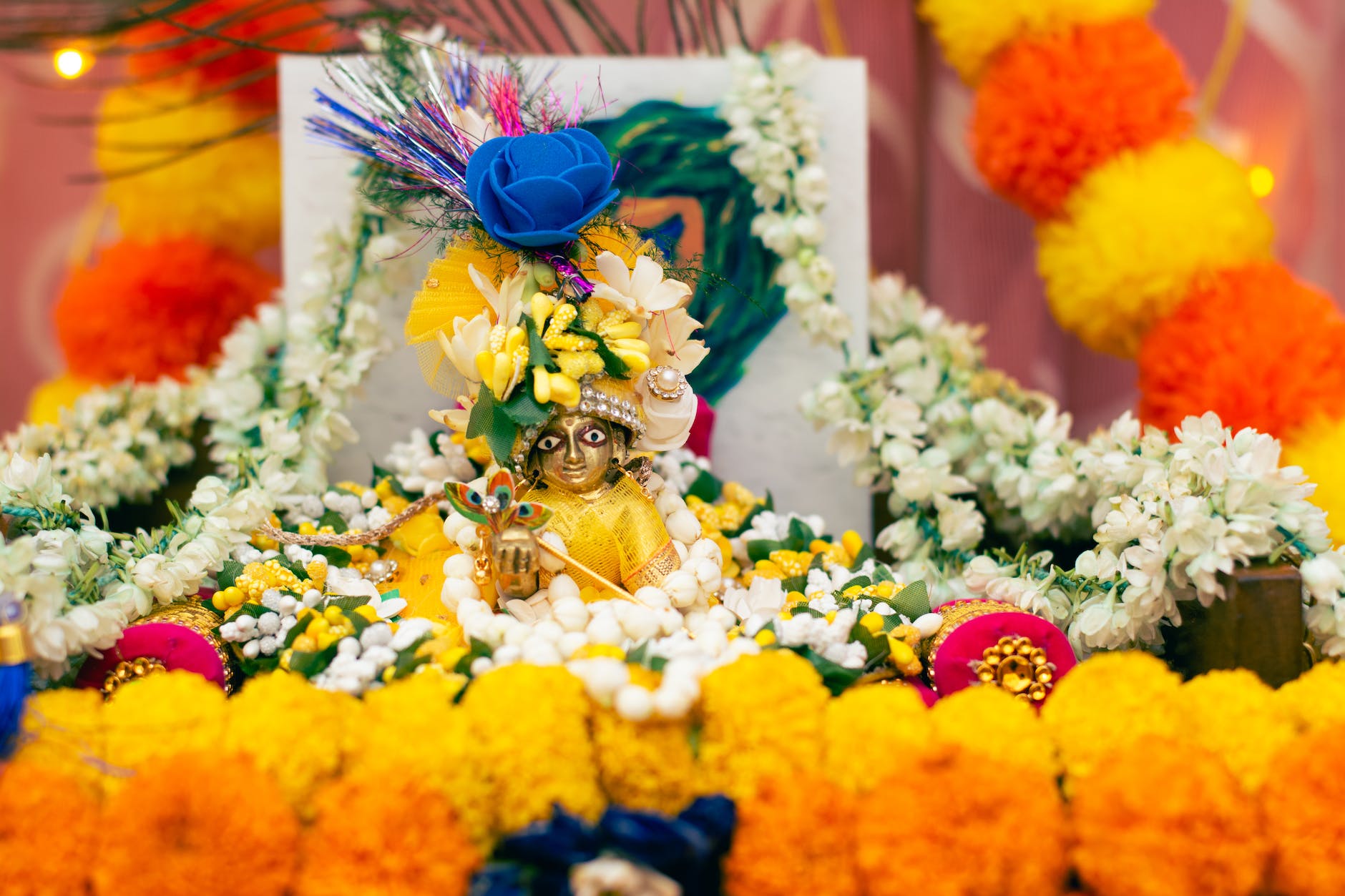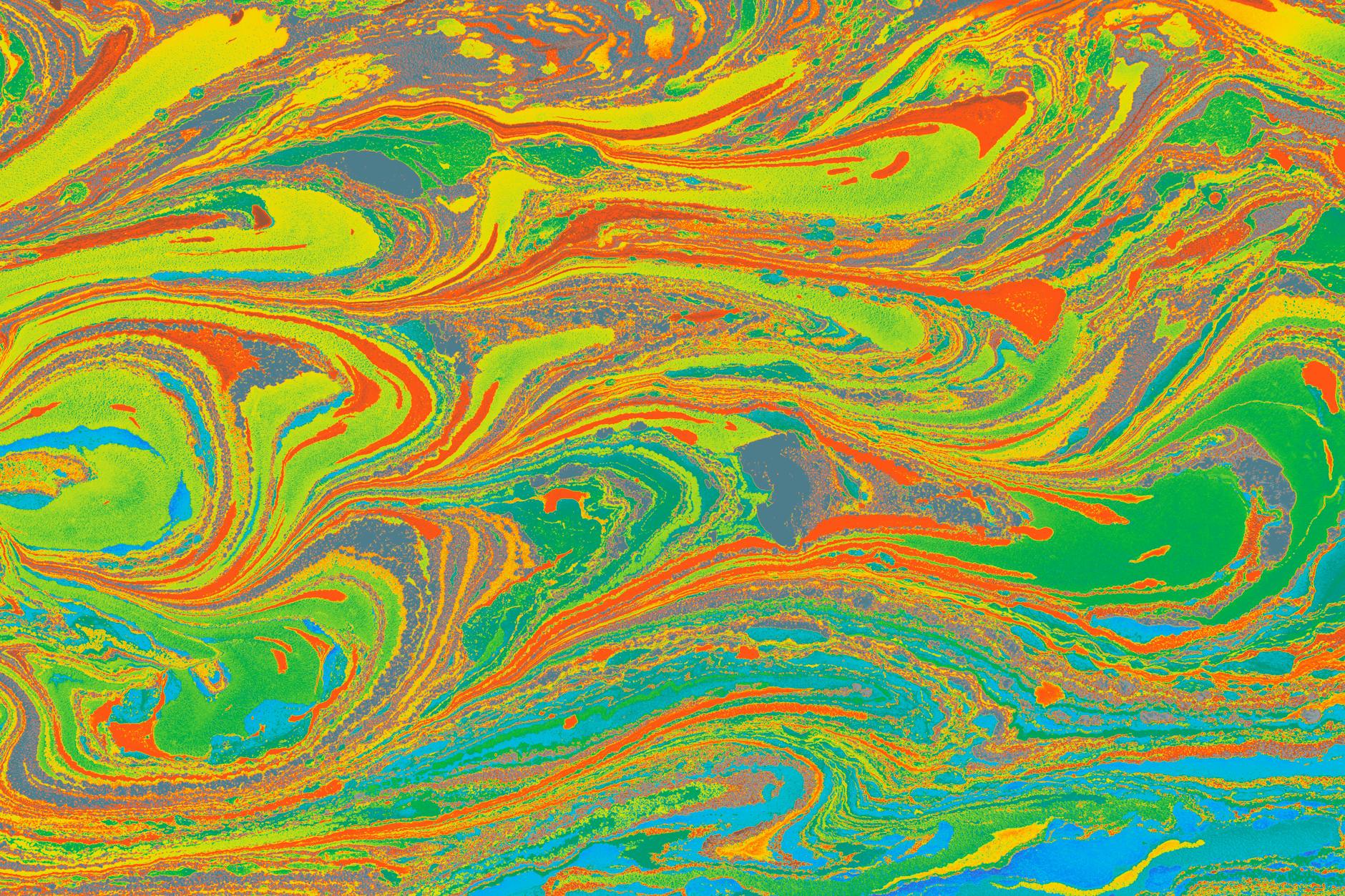Indigenous cultures around the globe have a long history of using psychedelic substances as a meaningful part of their traditions, ceremonies, and spiritual pursuits. Often administered by tribal shamans, these potent plant medicines serve a variety of religious, medicinal, and cultural purposes, showcasing the deep connection between shamanism and psychedelics.
Drawing from the wisdom of their ancestors, indigenous cultures employ these plant medicines as powerful tools in spiritual quests, healing rituals, and rites of passage. The use of traditional psychedelic substances is imbued with significant cultural symbolism, a testament to their important role in shaping the identity and worldview of indigenous tribes.
By employing psychedelics like ayahuasca, peyote, and psilocybin mushrooms, these communities engage in indigenous psychedelic rituals that bridge the gap between the seen and unseen worlds and promote a greater understanding of the cosmos and the self. Psychedelics allow users to delve into the depths of their subconscious minds, often influencing personal ascension and community cohesion.
In the South American Amazon, for example, the deep-rooted tradition of ayahuasca ceremonies underscores the interwoven nature of plant medicines in tribal cultures. Indigenous communities have used this potent brew, rich in DMT, for centuries to facilitate communication with the spirit world, bolster self-awareness, and address physical ailments. Read more about the role of ayahuasca and tribes such as the Shipibo-Conibo and Yawanawa in this fascinating study on South American ethnomedicine.
Similarly, Native American tribes have long revered the peyote cactus for its psychoactive properties. Central to their spiritual practices, peyote ceremonies offer participants a platform to build connections with the divine and their deepest selves. For many tribes, the peyote cosmos provides answers to existential questions about life, death, and the spirit realm, as explained in this book on native American peyote traditions.
Meanwhile, across the oceans in Africa, the iboga shrub is integral to the spiritual traditions of the Bwiti religion in Gabon. Indigenous people consume the plant’s root bark to enhance spiritual introspection, receive divine guidance, and for its therapeutic effects. This account from a Bwiti practitioner provides insight into this unique cultural practice.
The spiritual aspects of psychedelics are indispensable in indigenous cultures, symbolising their worldview and metaphysical perspectives. The use of psychoactive substances helps foster relationships with the supernatural domain and the natural environment and it allows an exploration of the broader scope of human consciousness.
For many tribes, the use of psychedelics is not about recreational pleasure but a sacred tradition, a spiritual earnestness, and often an essential component of their cultural heritage. The mystical experiences induced by these substances are instrumental in shaping their cultural perspectives on psychedelics, conceiving them not as merely drugs, but divine tools providing profound insights into the universe and life’s mysteries.
The deep-rooted tradition of psychedelic use in indigenous cultures hints at the potential of these substances that the modern world is just catching up with. As we delve deeper into the intricate narratives woven around these plant medicines, it is essential not only to question and understand but also to respect these indigenous psychedelic practices.
Today, a renewed global interest in the therapeutic applications of psychedelics is refocusing attention on traditional tribal wisdom still alive within indigenous cultures. This interest isn’t just clinical but also philosophical, spurring discourse about consciousness, spirituality, and the exploration of the psyche – themes that resonate deeply with the core values of these indigenous tribes.
While the potential benefits of psychedelics continue to stir scientific interest, we should never forget the ancient roots of these compounds. Indigenous cultures, with their profound understanding and respect for these substances, offer the foundational knowledge governing their use and interpretation. As we stand on the precipice of a new psychedelic age, the wisdom of the ancients could serve as a compass, guiding our journey through the unexplored territories of the mind.
In summary, the significance of psychedelics goes far beyond their neurochemical impact. Extending from the sacred groves of the Amazon to the heart of African tribes, these plant medicines weave a narrative of spiritual discovery, communal unity, and ancient wisdom. They are not mere trippy substances but profound tools capable of unravelling the deepest mysteries of consciousness and existence – encoding a universal wisdom we have but just begun to decode.








